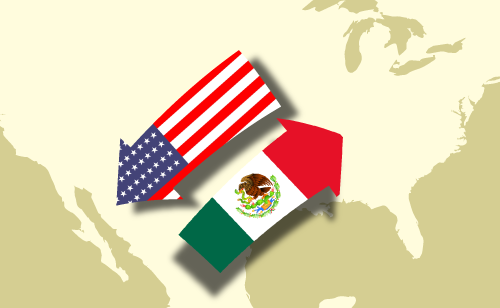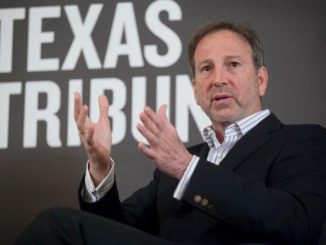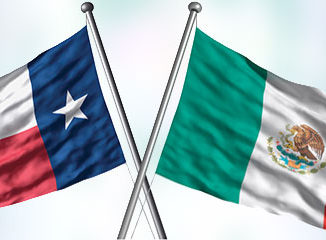
by Gregory L. Fenves
Scholars, scientists and students on both sides of the Texas-Mexico border have long cultivated exchanges, partnerships and research collaborations that leverage the region’s shared history to foster new knowledge and improve our world.
For me, the connections between Texas and Mexico are personal.
My father — who, like me was a professor of engineering — taught for several summers in the 1960s at UNAM (Universidad Nacional Autónoma de México) in Mexico City, one of the finest research universities in Latin America. While he taught and conducted research with colleagues from Mexico, I had the opportunity as a young boy to live in a vibrant city far from my home in Illinois and see the world through a new perspective.
I was fortunate to have the experience in Mexico City early in life, which motivated me to appreciate a global perspective. It has guided me throughout my career as I’ve traveled the world to work with engineers to better prepare communities for natural disasters such as earthquakes.
This week, as president of The University of Texas at Austin, I look forward to continuing on that path as I lead a delegation of more than 40 professors and academic leaders to Mexico City. We will build on the scholarly relationships that already exist between Texas and Mexico and develop new student exchange programs and research collaborations that benefit both sides of the border. UT-Austin has educated thousands of students from Mexico, many of whom have become leaders in their communities and professions. And numerous UT-Austin students have deepened their educations by studying in Mexico. These ties are vital to our ambitions as a leading research university, and we are looking at ways to expand them.
I am joined on this trip by faculty members who are Latin American scholars, scientists, engineers, business professors, astronomers, anthropologists, artists and doctors. We will meet with leaders of five universities, as well as officials from the Ministry of Foreign Relations, Public Education and Energy, and CONACYT, an important agency that promotes scientific exchange and supports graduate education.
In a world that is increasingly interconnected and global, universities and their scholars must seek new ways to work across disciplines and cultures. Researchers and departments at The University of Texas already have many such collaborations in Latin America, Europe and Asia. But our university — like our state and nation — must be strategic and comprehensive in our global approach.
Mexico is the logical place to travel in my first year as president to listen to scholars and students about their ideas to achieve those goals.
The University of Texas is the flagship research university in the second-largest U.S. state. The university’s first relationships with Mexican scholars began at least 50 years ago, when a team of UT geoscientists began working with colleagues at UNAM. That collaboration has continued through the decades. This year, researchers from the two universities will work together (along with colleagues from England) to drill below the seabed off the Yucatán Peninsula and take core samples from the Chicxulub crater that was created by an asteroid 66 million years ago.
We have partnerships with other institutions and government agencies focused on a range of important issues, from improving water treatment facilities to showcasing Latin American art and enabling students to earn combined law degrees in both the U.S. and Mexico. Such relationships allow us to better address questions that face the entire border region, from building a strong economy with opportunities on both sides to finding new and efficient ways to develop energy sources.
Just as important, we must strengthen our student exchange programs, identifying opportunities for college students to pursue educational paths that can take them to Austin, to Mexico City and beyond.
I want our 50,000 students at The University of Texas — and students from Mexico — to have the opportunity to develop their own global perspectives that prepare them for life. Tomorrow’s leaders must have the opportunity to work today with people from different backgrounds and experiences, and understand the perspectives and ideas that flourish in such an environment.
This week’s trip to Mexico is a bold step in that direction for The University of Texas.
Gregory L. Fenves is president of The University of Texas at Austin



